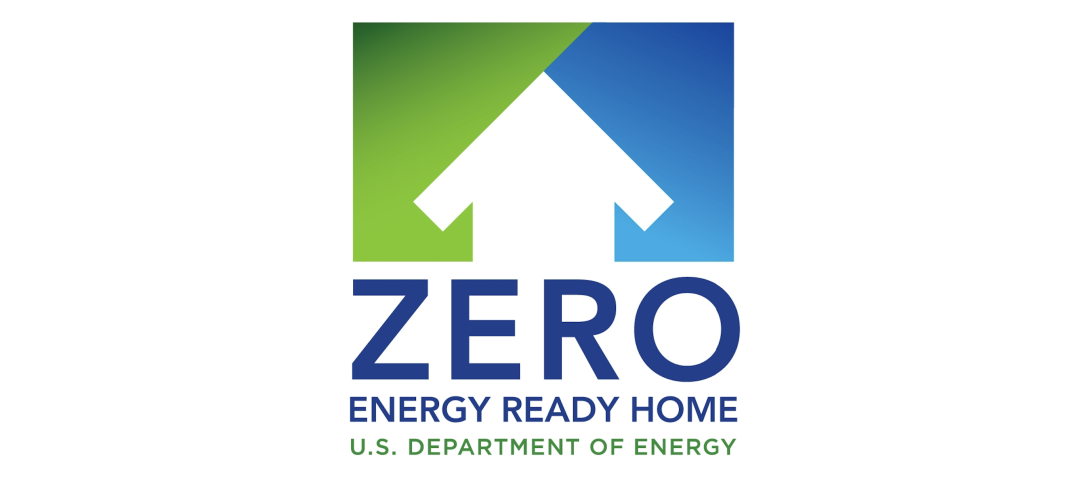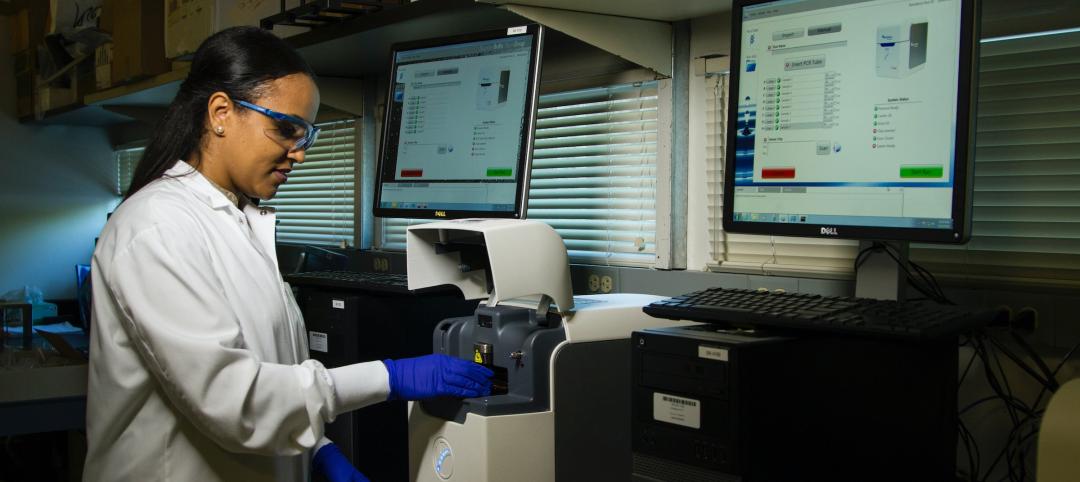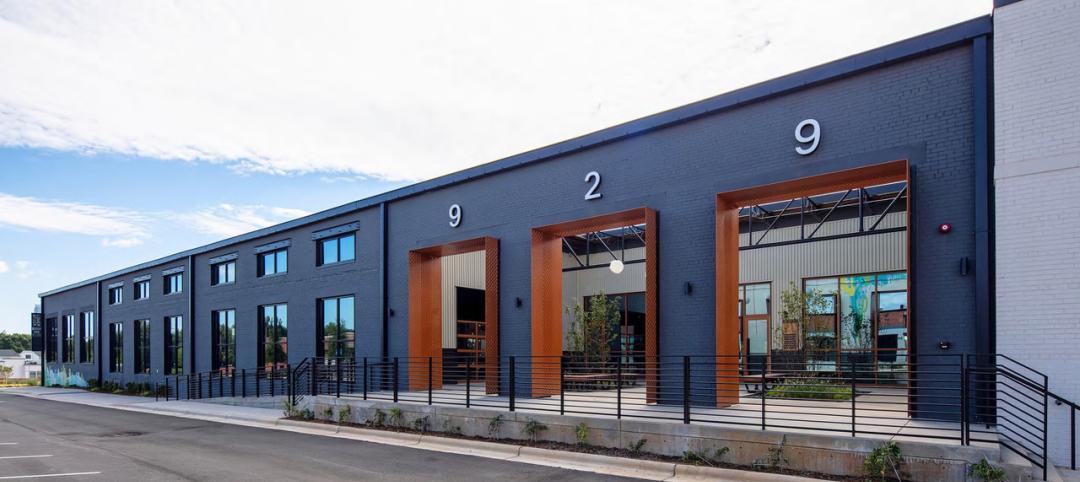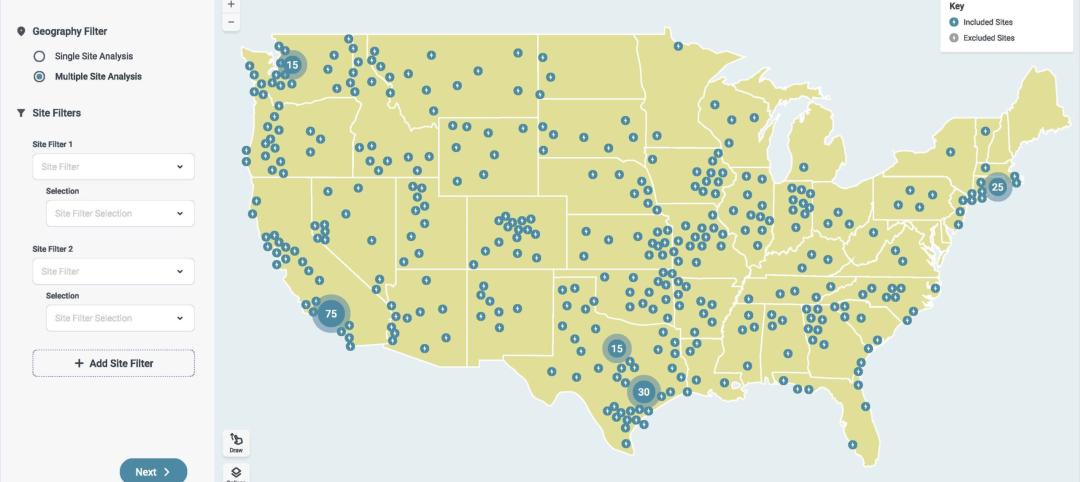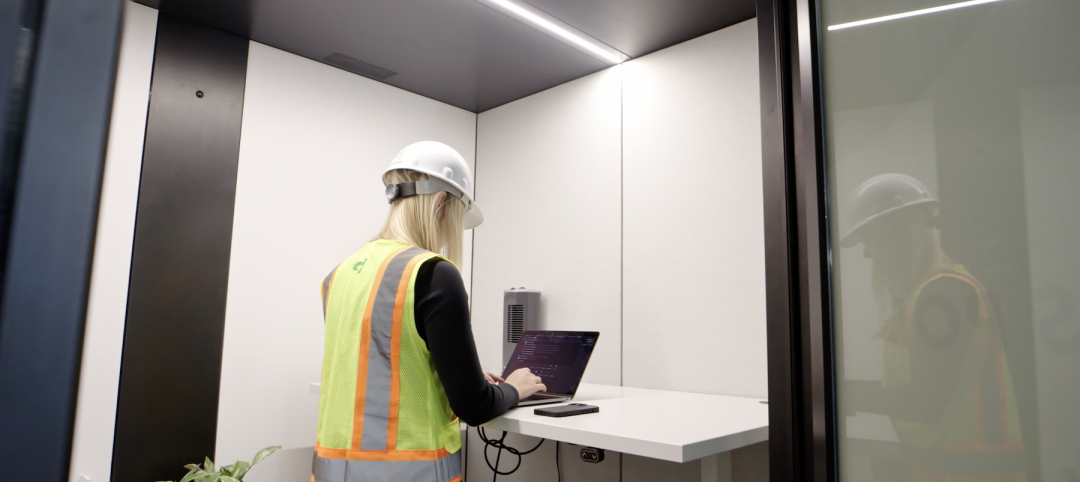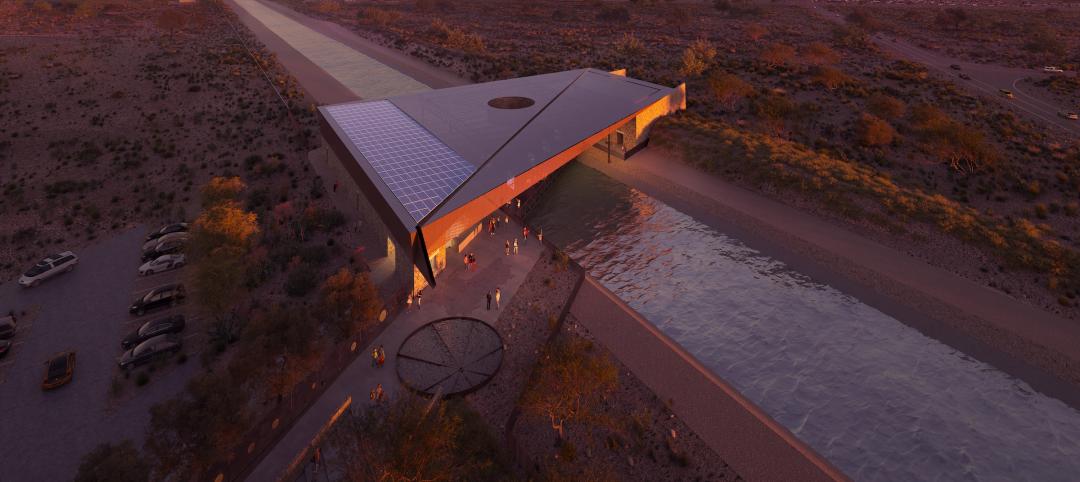The U.S. Department of Energy launched the American-Made Building Envelope Innovation Prize—Secondary Glazing Systems. The program will offer up to $2 million to encourage production of high-performance, cost-effective commercial windows.
The inaugural Building Envelope Innovation Prize targets novel solutions for commercial window upgrades to enable equitable decarbonization and optimize building envelopes for electrification, according to a DOE news release.
Secondary glazing involves installing an additional windowpane on an existing window to improve insulation.
“About 40% of U.S. commercial buildings, including multifamily residences, have single-pane windows, which are uncomfortable for occupants and waste energy,” says Jeff Marootian, principal deputy assistant secretary for energy efficiency and renewable energy. “Yet less than 1% of commercial buildings get full window replacements each year because it is so expensive and disruptive for occupants. Secondary glazing systems can help solve this problem.”
“While secondary glazing systems currently exist, they are a small portion of the market and are not widely adopted, despite costing markedly less than a full window replacement,” says Marc LaFrance, windows technology manager for DOE’s Building Technologies Office. “This prize will improve equitable access to efficient retrofit technologies by reducing product and installation costs.”
Here are more details from DOE:
Secondary glazing systems currently on the market can improve energy efficiency without needing to remove existing windows, but the potential of this technology has not been fully realized. The goal of this prize is to spur development of next-generation secondary windows that increase building resilience and comfort and decrease energy consumption—all while being highly cost-effective.
Improved window energy efficiency will lead to more attainable building electrification, as smaller heat pumps will be able to serve the building’s reduced energy needs. The Building Envelope Innovation Prize aims to fund development of promising, cost-effective, market-ready secondary glazing system solutions across three phases:
Phase 1: Design Concept—$50,000 | February 14 to June 13, 2024
- Teams will provide an innovative concept narrative and design drawings for a secondary glazing system prototype, including details on cost and energy performance.
- Up to five semifinalists will be selected, each receiving $50,000.
- Phase 1 awards will be based on energy and technical performance modeling, cost metrics, and construction plans.
- Teams can only join during Phase 1
Phase 2: Prototype—$200,000 | September 2024 to March 2025
- Semifinalist teams selected from Phase 1 will submit a secondary glazing system prototype and technical narrative as well as secure an equity-focused pilot demonstration partner.
- Phase 2 focus areas will include market readiness, cost-effectiveness, and the ability to be deployed.
- Up to three finalists will be selected, each receiving $200,000.
- Phase 2 awards will be based on prototype construction, as well as thermal and optical performance tests run by a national laboratory.
Phase 3: Commercialization—$750,000 | May 2025 to May 2026
- Finalist teams selected from Phase 2 will work with their equity-focused pilot demonstration partners and submit plans for commercialization.
- Phase 3 will focus on commercial viability—including price point, ease of installation, etc.
- Up to two winners will be selected. First place will receive $750,000; second place will receive $400,000.
- Phase 3 awards will be based on prototype durability testing results, rigor of commercialization plans, and implementation of equity-focused pilot demonstrations in low-income multifamily or underserved public sector buildings.
The Design Concept phase will accept applications of innovative secondary glazing system designs through June 13, 2024. All interested applicants must join by that date; Phase 2 and Phase 3 will not accept new competitors.
Related Stories
MFPRO+ News | Dec 5, 2023
DOE's Zero Energy Ready Home Multifamily Version 2 released
The U.S. Department of Energy has released Zero Energy Ready Home Multifamily Version 2. The latest version of the certification program increases energy efficiency and performance levels, adds electric readiness, and makes compliance pathways and the certification process more consistent with the ENERGY STAR Multifamily New Construction (ESMFNC) program.
Giants 400 | Nov 28, 2023
Top 55 Laboratory Construction Firms for 2023
Whiting-Turner, DPR Construction, STO Building Group, Skanska, and Hensel Phelps top BD+C's ranking of the nation's largest laboratory general contractors and construction management (CM) firms for 2023, as reported in Building Design+Construction's 2023 Giants 400 Report.
Contractors | Nov 28, 2023
Swinerton’s special projects units allow the national GC to operate like a local boutique firm
Swinerton’s Carolinas Division has been particularly successful in attracting jobs that require a nimble touch.
Engineers | Nov 27, 2023
Kimley-Horn eliminates the guesswork of electric vehicle charger site selection
Private businesses and governments can now choose their new electric vehicle (EV) charger locations with data-driven precision. Kimley-Horn, the national engineering, planning, and design consulting firm, today launched TREDLite EV, a cloud-based tool that helps organizations develop and optimize their EV charger deployment strategies based on the organization’s unique priorities.
Market Data | Nov 27, 2023
Number of employees returning to the office varies significantly by city
While the return-to-the-office trend is felt across the country, the percentage of employees moving back to their offices varies significantly according to geography, according to Eptura’s Q3 Workplace Index.
Resiliency | Nov 27, 2023
All levels of government need to act to cope with climate-driven flooding and sea level rise
The latest National Climate Assessment highlights the need for local, state, and federal governments to adopt policies to mitigate the effects of climate-driven flooding and sea level rise, according to a policy expert with the National Resources Defense Council.
Contractors | Nov 27, 2023
A Minnesota GC offers workers Wellness Pods as a mental health option
A maternal need sparked this idea for Gardner Builders.
Cultural Facilities | Nov 21, 2023
Arizona’s Water Education Center will teach visitors about water conservation and reuse strategies
Phoenix-based architecture firm Jones Studio will design the Water Education Center for Central Arizona Project (CAP)—a 336-mile aqueduct system that delivers Colorado River water to almost 6 million people, more than 80% of the state’s population. The Center will allow the public to explore CAP’s history, operations, and impact on Arizona.
MFPRO+ News | Nov 21, 2023
California building electrification laws could prompt more evictions and rent increases
California laws requiring apartment owners to ditch appliances that use fossil fuels could prompt more evictions and rent increases in the state, according to a report from the nonprofit Strategic Actions for a Just Economy. The law could spur more evictions if landlords undertake major renovations to comply with the electrification rule.
Codes and Standards | Nov 21, 2023
Austin becomes largest U.S. city to waive minimum parking requirements
Austin, Texas recently became the largest city in the United States to stop requiring new developments to set a minimum amount of parking. The Austin City Council voted 8-2 earlier this month to eliminate parking requirements in an effort to fight climate change and spur more housing construction as Texas’s capitol grapples with a housing affordability crisis.



